Similar Posts
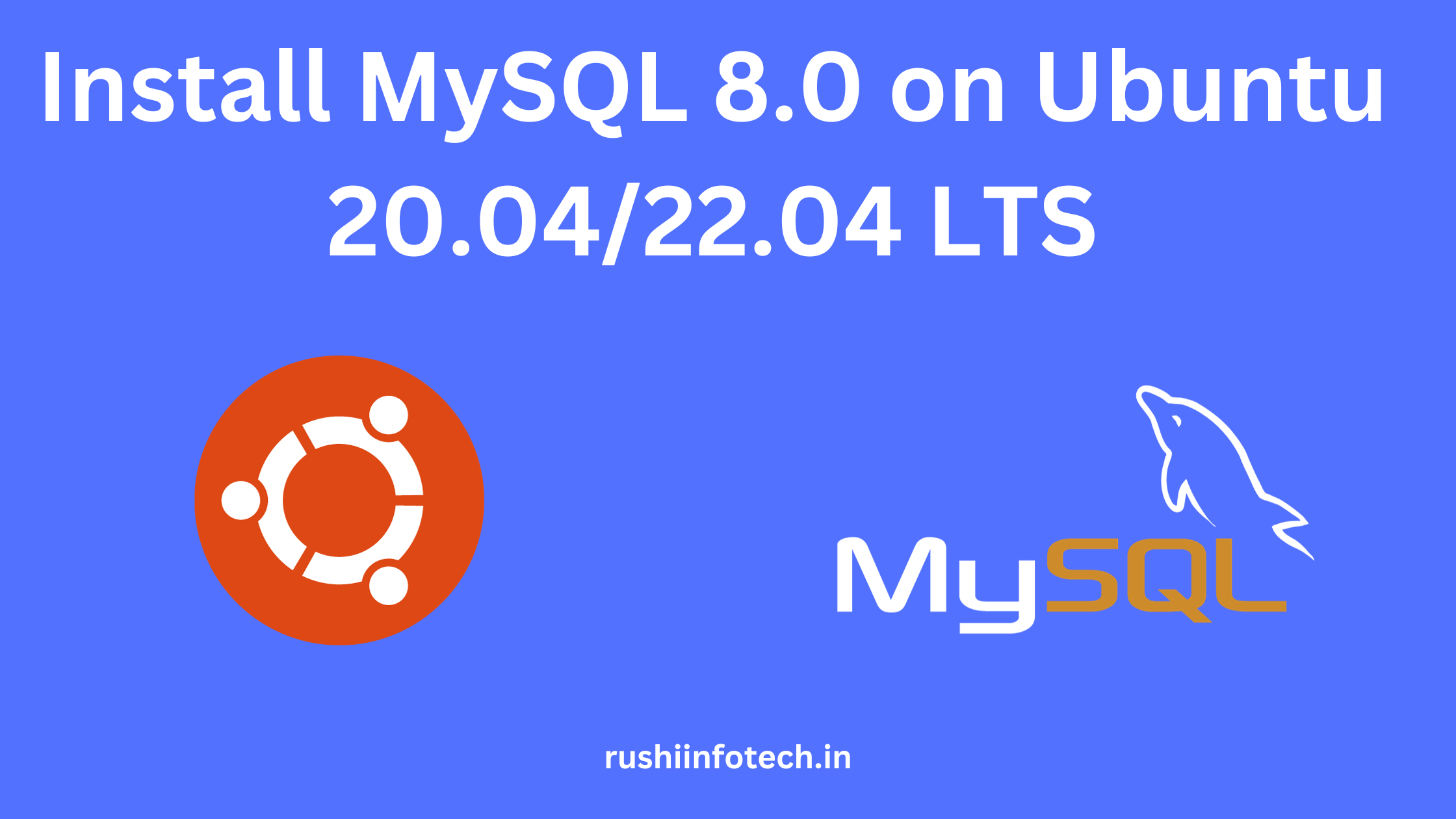
How to Install Mysql 8.0 on Ubuntu 20.04/22.04 LTS?
You need to be logged in to view this content. Please Log In. Not a…
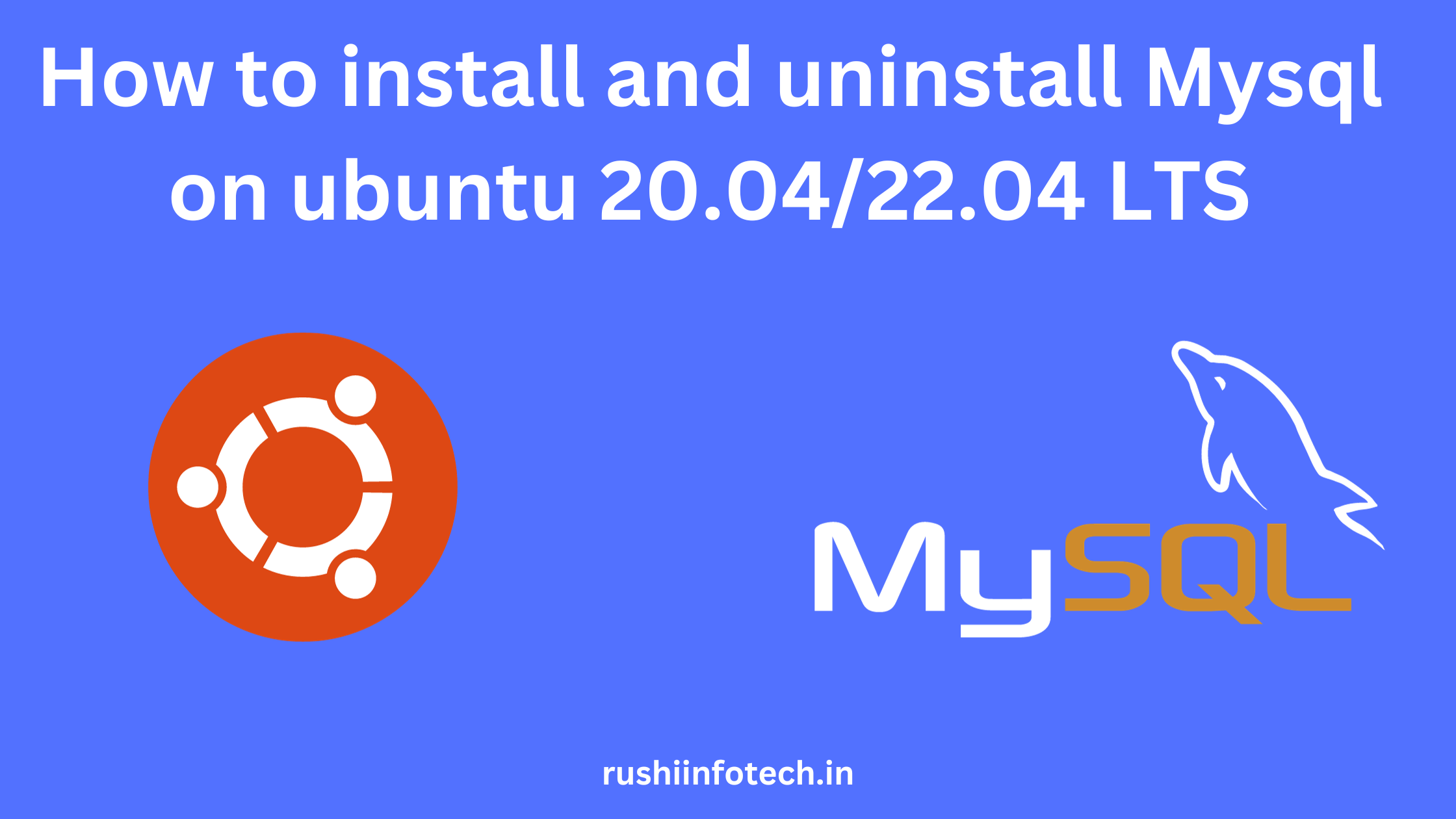
How to Install and Uninstall MySQL on Ubuntu 20.04/22.04 LTS?
You need to be logged in to view this content. Please Log In. Not a…
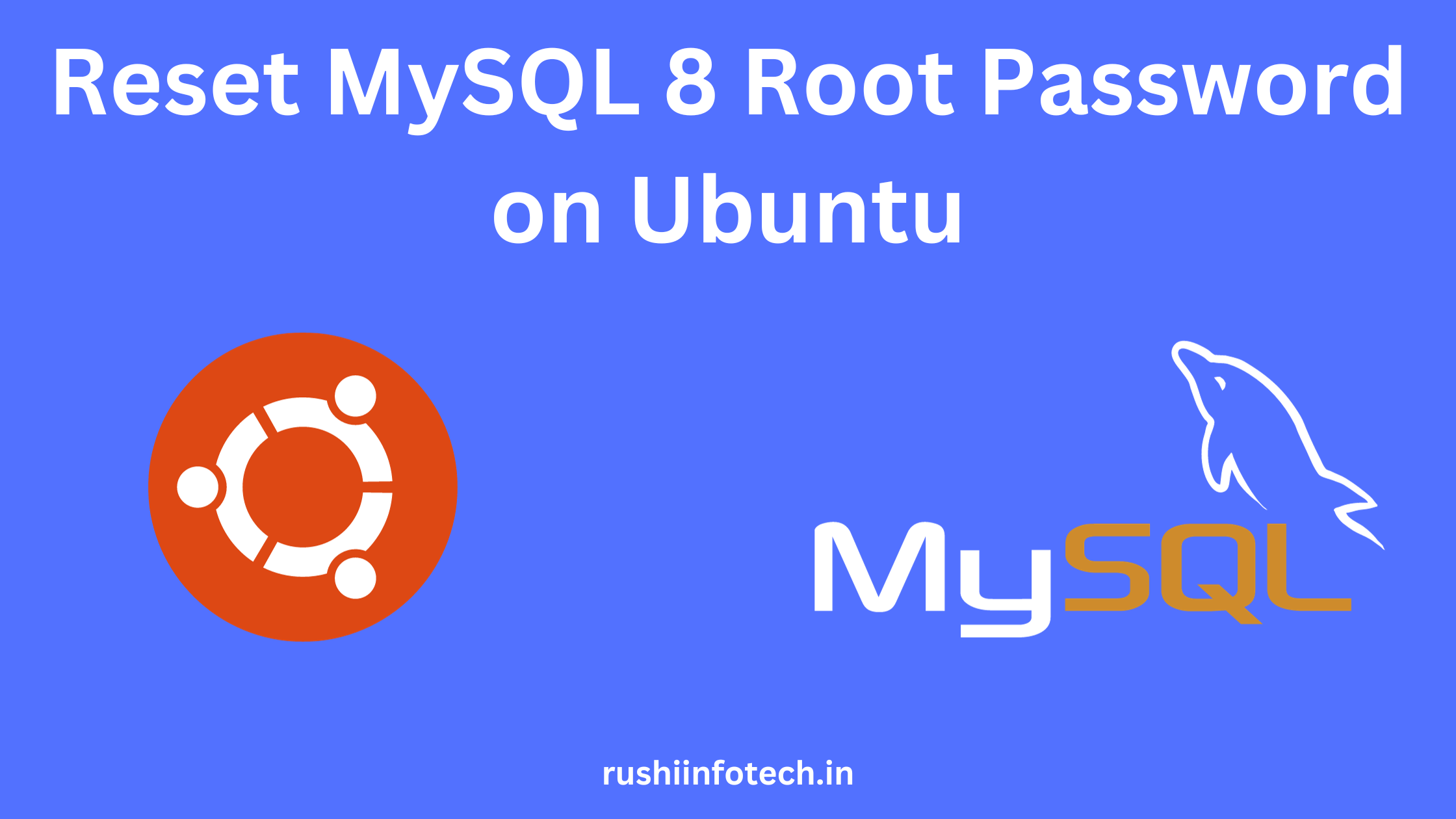
How to Reset MySQL 8 Root Password on Ubuntu 20.04 LTS?
You need to be logged in to view this content. Please Log In. Not a…
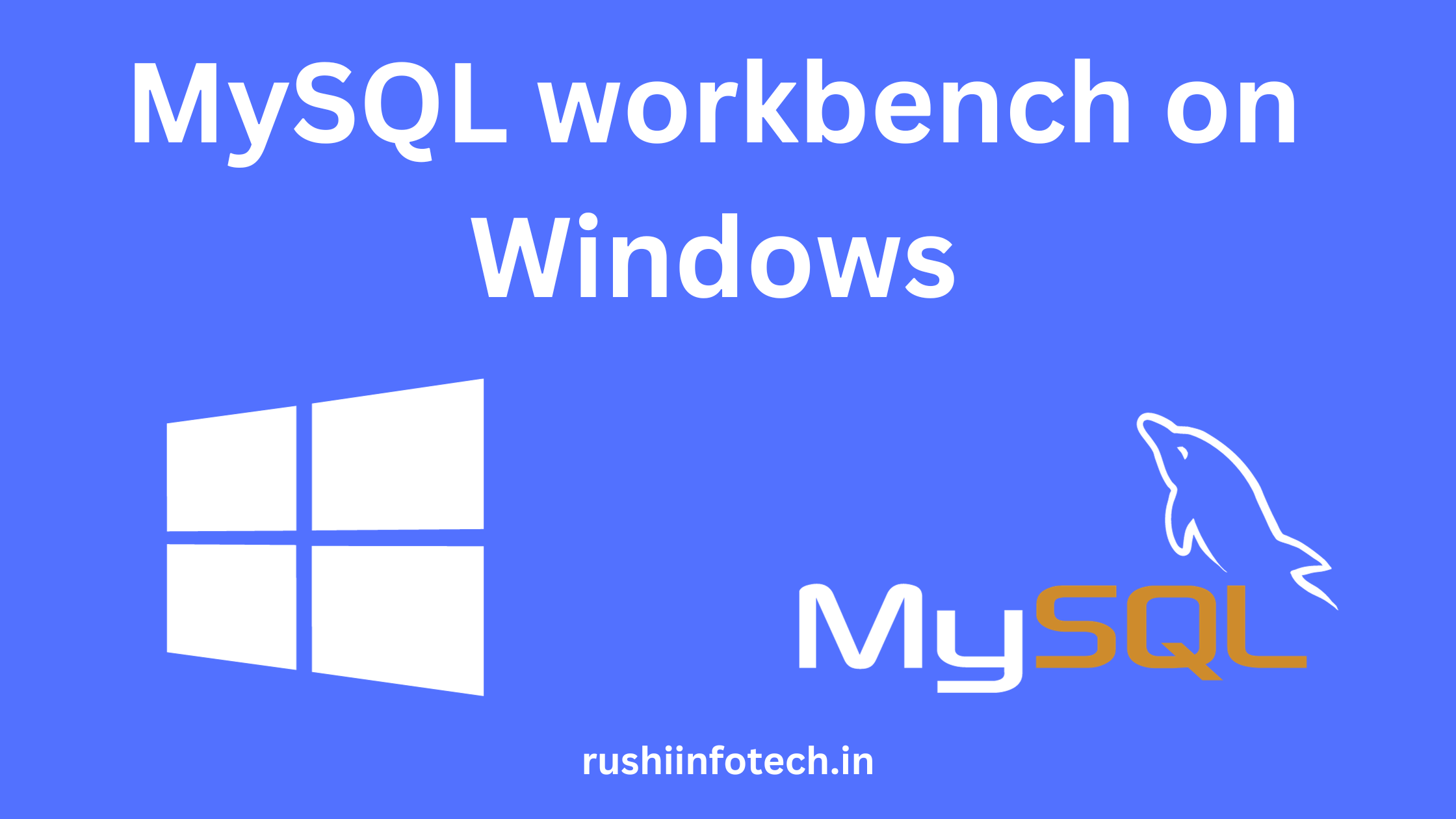
How to Install and Uninstall Mysql Workbench on Windows? [Windows 10]
You need to be logged in to view this content. Please Log In. Not a…
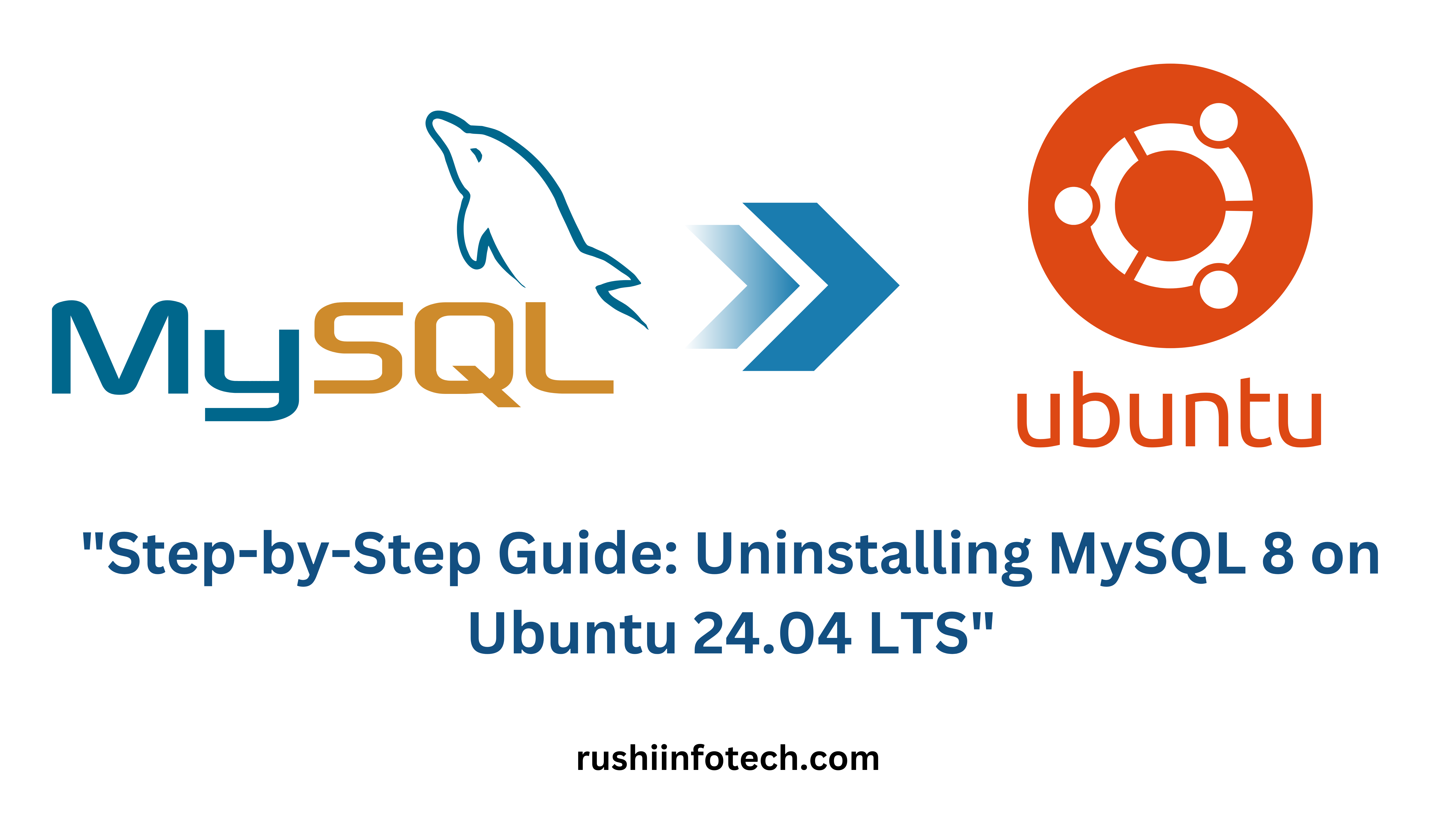
How to Uninstall MySQL 8 on Ubuntu 24.04 LTS
You need to be logged in to view this content. Please Log In. Not a…

Installation Guide: MySQL 5.7 on Ubuntu 20.04/22.04 LTS
You need to be logged in to view this content. Please Log In. Not a…
